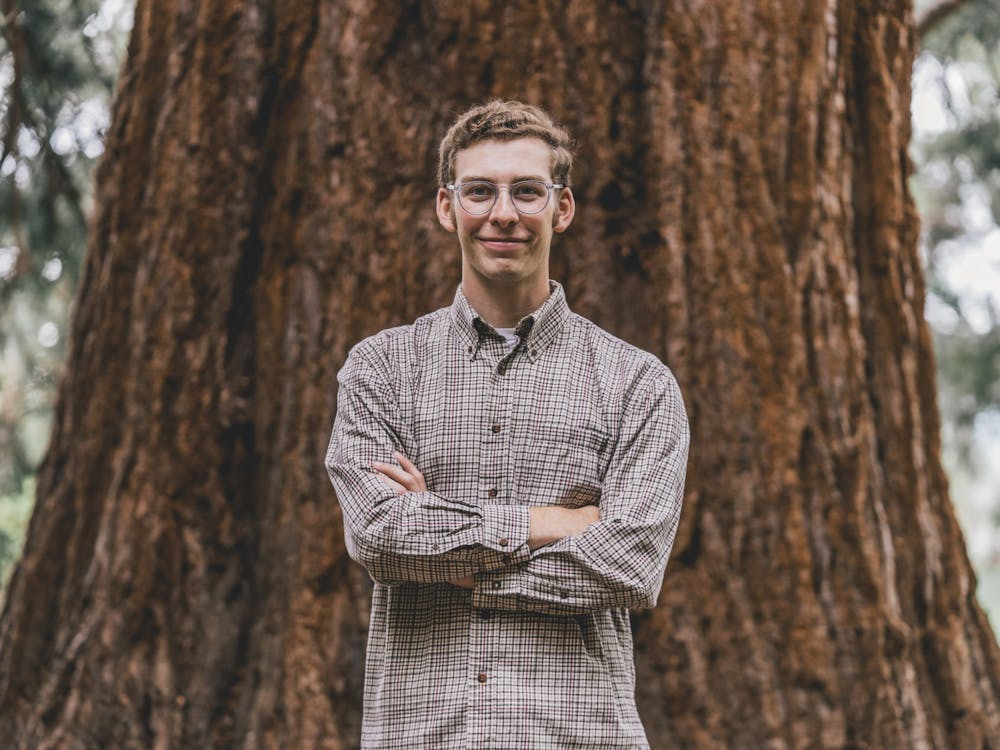Kelsey Reavis (The Beacon)
By Kelsey Reavis, Guest Commentary
Old news: American consumerism is wasteful. So it's no surprise that Americans waste more than 29 million tons of edible food each year, or enough to fill the Rose Bowl every three days. In addition to the environmental tolls of growing landfills releasing exorbitant amounts of methane into the air, food waste sends a message: a message of cultural values – food not being one of them. But how does this message relate to hunger and its injustice?
There are many human rights worth fighting for, like education and fair wages. More than a right, food, like water, is absolutely essential to simply staying alive. Carelessly wasting it doesn't seem quite right. I admit, I'm guilty sometimes, but who isn't? Or rather, who can't be? It's so easy to forget about something in the fridge, then shoot, it's too late, but we still probably won't go to bed hungry. What if you had the same kind of luck, or more likely, the same embedded social, racial, economic obstacles as someone who can't buy or grow food so easily? What if you had to decide between a meal and your child's medicine? Obviously, food expires, goes bad and not everything can be salvaged. But what if the dignity of food is going bad … can that be salvaged?
The nation and Oregon's "very low food security," or hunger, is real at rates of 5.4 percent and 6.1 percent respectively, according to a 2010 USDA report. Yes, our poverty is real, but relative. The roots of hunger are essentially the same thick and deep roots of poverty. Although the U.S.'s enormous economic, political and cultural tank is currently a resource-guzzler, it likewise holds the potential to be a resource re-generator, of both physical and ideological resources. Much damage can be avoided if driven responsibly, and as long as consumers are driving, we have the power to steer.
It is an immediate remedy for those who are hungry to have access to nutritious food and it is a long-term treatment to have an economy that enables equal access to living wages to prevent future hunger. However, a cure for the food inequity requires a restoration of profound respect for food. From this social restoration, political and economic agendas could be reformed to appease ethically conscious consumers at large.
Perhaps one of the most fundamental ways we can make an impact on hunger as American residents is to help current society learn to value food by recognizing that we all depend on it. By being a little more mindful of our purchases, portions, and expiration dates, maybe society will get the message that we can start demanding less and supplying more to those who it's not quite as easy for.
Next week, Feb. 27 to March 2, Hunger Awareness will collaborate with Campus Conservation Nationals and Diversity Dialogues to demonstrate the widespread effects of hunger and other injustices, how many of their root causes are connected and how solutions are in reach. On Monday, Feb. 27, there will be an Awareness Tent outside the Pilot House all day and a documentary screening in The Commons. On Tuesday, you can participate in a fast to live in solidarity with the hungry for a day. Friday will be a day of service with an opportunity to serve an evening meal off campus.
To get involved with Hunger Awareness and sign-up for events, stop by the Pilot House from 11 a.m. to 2 p.m. and 5 to 7 p.m. today and tomorrow from 11 a.m. to 2 p.m. in The Commons.
Kelsey Reavis is a senior Spanish major. She can be contacted at reavis12@up.edu.







